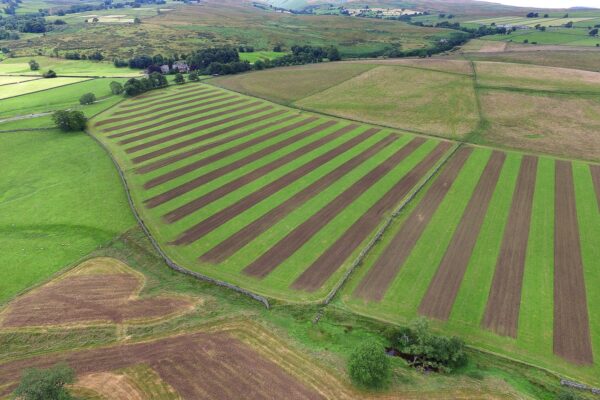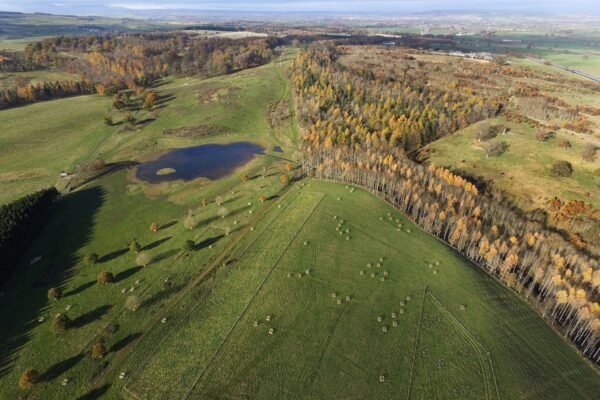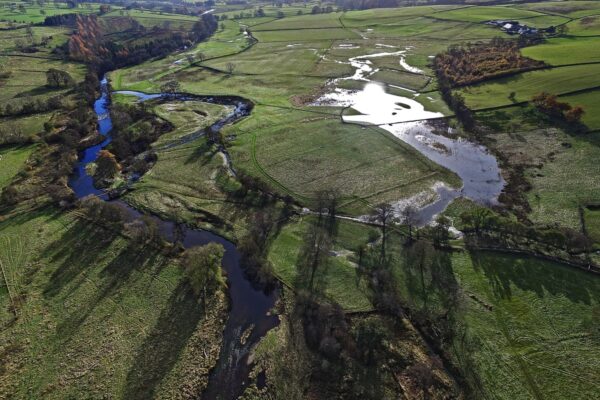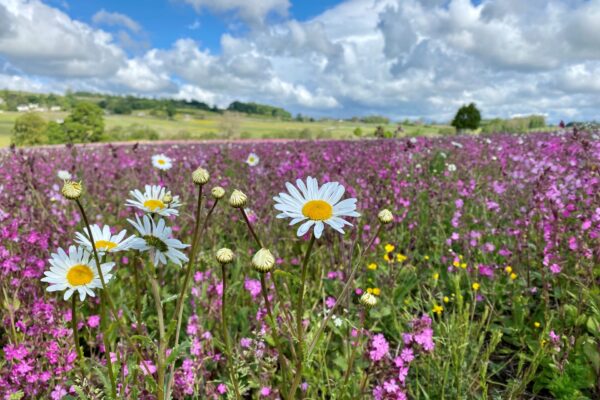The Earth is in the grip of a climate and biodiversity crisis. Without urgent action, the future looks increasingly uncertain. As an owner of land, we consider it our moral duty to respond.
The Lowther Estate has always been proudly ambitious and keen to stay ahead of the times. For generations, this has shaped our approach to the management of our land. In the 1960s the Estate rode the wave of the great post-war drive for food production. Like many others at the time, we responded to government incentives and the public need to increase our livestock numbers, drain our land, remove hedges and to deploy the full arsenal of modern farming tools and techniques.
Two generations later, we are increasingly aware of the damage that was done as result of enacting the government policies of this time. Much of the Estate is marginal from an agricultural perspective, ill-suited to intensive food production and producing low yields even when pushed hard. As a result, we have been left with a landscape that is not providing what society desperately needs. Healthy, rich natural landscapes provide carbon sequestration, flood risk reduction, water and air quality improvement, access and recreation opportunities and the space for nature to thrive. Properly functioning landscapes can also produce food, though in smaller quantities than were wrested from them previously. This is what we want from the Estate now, indeed, we believe it is our duty to ensure that our land provides these wider societal benefits now and far into the future.




